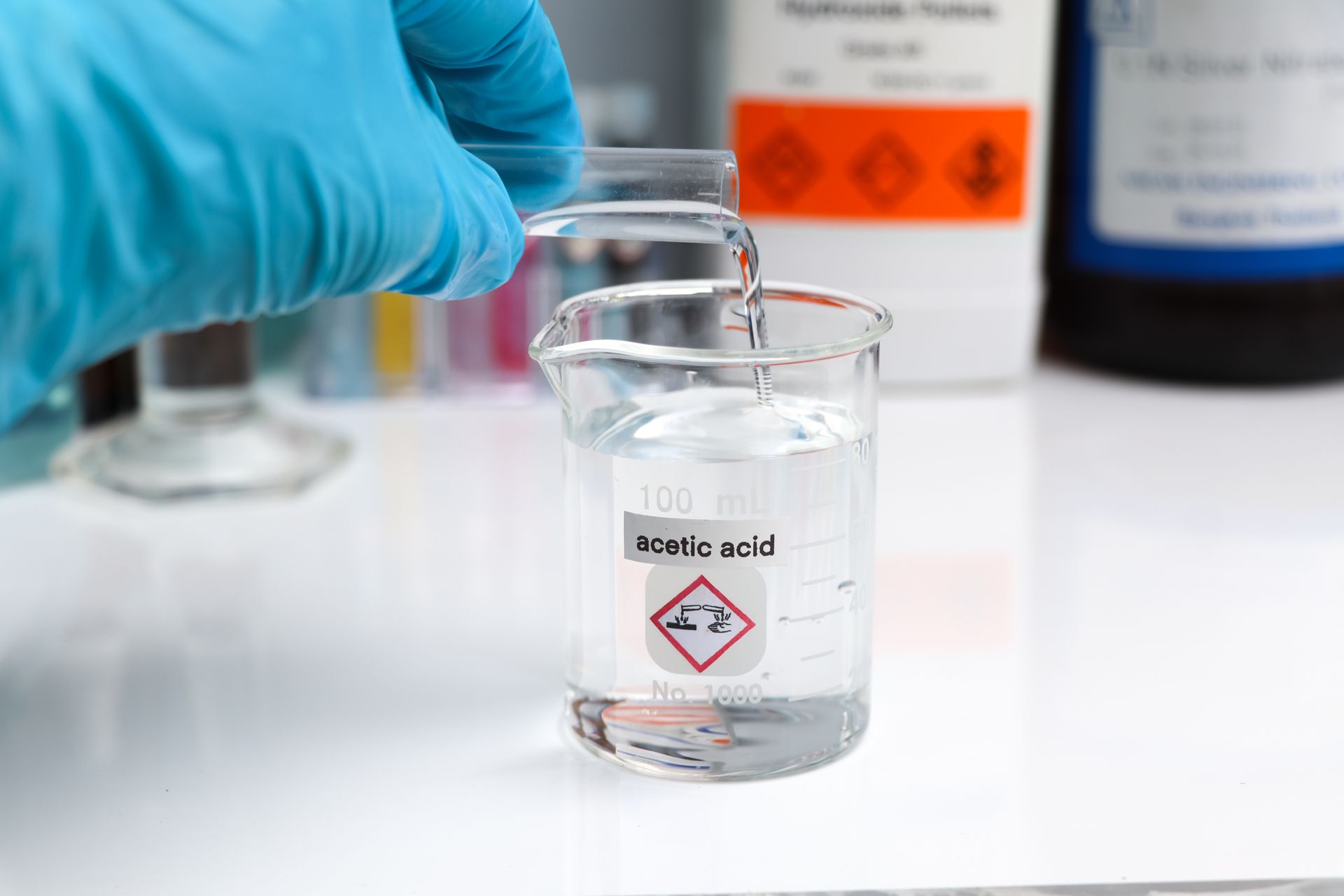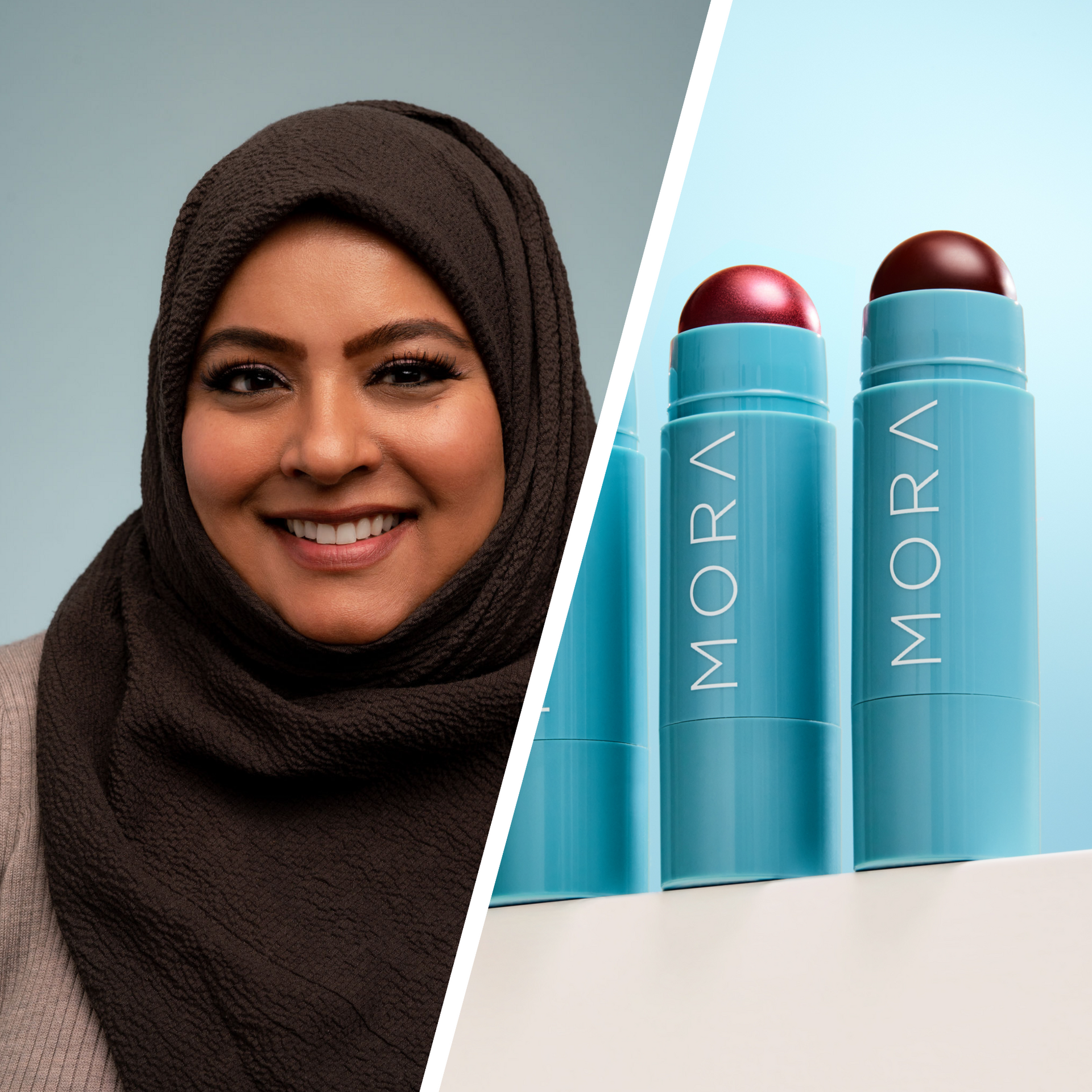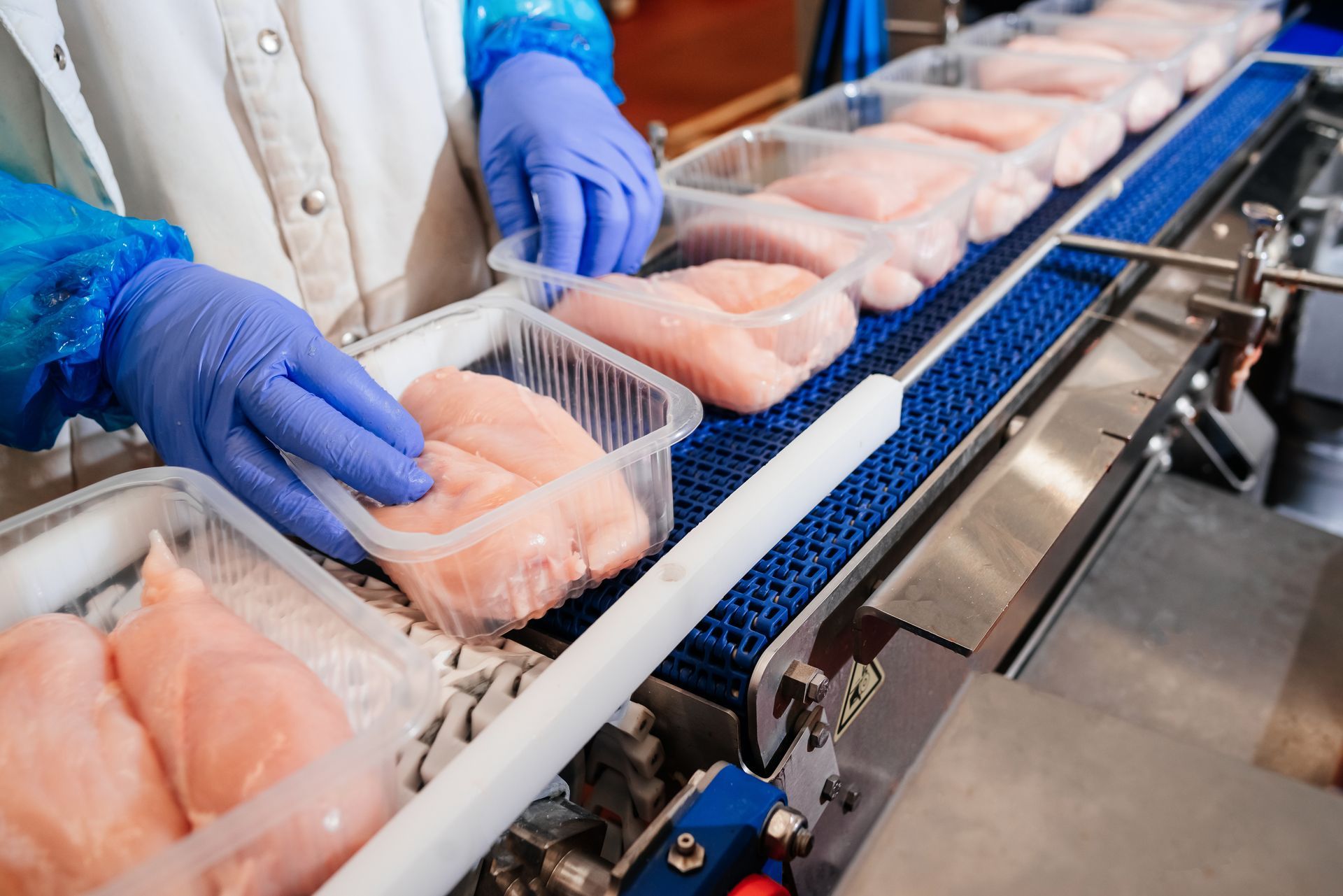Mansoor Rafiq Umar is a B.A. graduate of the Darul Na'im Institute for Arabic and Islamic Studies seminary of South Africa. He has studied under various scholars of theology and Islamic legal theory, such as Mln Taha Karaan, and Sheikh Mokhtar Magroui, and networked with organizations across the world.
1-877-HALAL-WW (+1-877-425-2599)
Everything You Need to Know about Halal Certification
Halal Certification Questions Answered

With more than 1.9 billion Muslim consumers worldwide, the halal market is rapidly growing. At an increasing rate, suppliers are dealing with this heightened demand and adapting their production lines to become compliant. For the halal-conscious consumer, identifying halal products is necessary. This is only possible with a transparent and clear traceability plan. Below, we outline 16 key halal certification questions for the halal-conscious consumer and company.
1. What is halal certification in the US?
Halal certification means that a relevant religious authority has endorsed a food-related product's contents and production as meeting Islamic food-related requirements.
2. What are the halal requirements?
For a beverage or food to be halal, it must be:
- Free from any substance extracted or taken from a haram (forbidden) ingredient or animal (for example, dogs, pigs, carnivorous animals, animals not slaughtered according to Islamic rites, etc.)
- Processed, produced, and/or stored by using machinery, equipment, and/or utensils cleaned according to Islamic law (for example, not cleaned with alcohol).
- Free from being close to or in contact with a haram substance during storage, processing, production, and preparation (for example, alcohol, blood, intoxicating and poisonous plants, and rodents like cockroaches and worms).
3. Can non-Muslim individuals eat halal-certified food and drinks?
Non-Muslims have been eating halal foods for many years without any harm. Many foods (for instance, vegetables, nuts, and fruits) are inherently halal for Muslims. A certification doesn't change the nature of such foods; it assures the halal conscious consumer that the drink or food adheres to the religious rules around food preparation and content. It's the same as food certified as gluten-free or organic in the sense that it's safe and ethical for anyone to consume.
4. Do foods in the US have to be halal certified?
No. It depends on the manufacturer whether or not to make a halal claim for a specific product. In fact, a manufacturer can make a halal claim without needing certification (however, the US law prohibits any deceptive, misleading, or false claims). Certification does provide assurance to a third party about the claim being valid. It depends on the manufacturers on whether the marketing benefits of certification overshadow its costs.
5. I frequently buy a product that has just been halal-certified – what has been done to it?
In many cases, nothing. Numerous product ingredients and manufacturing processes already adhere to halal standards. In such cases, halal certification informs the halal conscious consumer that a halal certification body has endorsed the product for consumption. In other cases, manufacturers may change ingredients or change production processes (for instance, replacing alcohol as a cleaning agent with an alternative) to gain certification. If you have a question about a certain product, it is best to ask the food manufacturer.
6. Why do manufacturers seek halal certification of drinks and food?
There are several reasons. One main reason is that the product is intended for or is sold in an export market where halal certification is mandatory. Another is to communicate to the halal conscious consumer in the domestic market that the food or drink adheres to the requirements of Islamic Law. Similar to organic certifications, there’s a target audience for whom the certification is essential.
7. How do I know whether a product is halal certified?
Checking the label is the best way to find out if a product is halal certified or not. Since halal certification is generally applicable to the finished product, production sites, and processes, the same drink or food manufactured at different sites around the US may vary concerning its halal certification status. Contact the manufacturer if you’re in doubt.
8. Is whey protein halal?
Whey powder is acquired by spray drying liquid whey. Just like milk, the shelf life of whey liquid is short. Liquid whey is used in liquid dairy or other liquid products. Whey protein is only halal if acquired from a halal source such as lambs/cows slaughtered in a halal manner, synthetic processes, and bacteria.
9. Can Muslims eat gelatin?
Gelatin is a protein product acquired from vertebrates' collagen, including fish, cattle, and pigs. It's recovered by hydrolysis. These days, the main raw materials used are cattle hide, cattle bones, and pigskin. The most common source is pigskin. Gelatin is used to prepare jellies, yogurt, ice-cream, and baked goods. It's also used in the pharmaceutical and medical industry.
Other non-food uses for gelatin include carbonless paper and photographic film. If the term "gelatin" appears without referring to its source, it's generally derived from cattle bones and pigskin, so it can't be consumed. However, it's possible to produce halal gelatin by using halal slaughtered cattle's hides and bones. In cases like these, the gelatin is labeled "halal gelatin" and certified as halal.
10. Does halal certification fund illegal activity?
Companies offering halal certification services are subject to the same prohibitions on funding illegal activity and entities as any other individual or company under US law. Any evidence of unlawful activity should be reported to the police.
11. Can pork be halal certified?
No. Pork is considered haram (forbidden). You can neither eat it nor make it halal.
12. Is every cheese halal?
Enzymes used in cheese or other products may be acquired from animal sources. They are halal only if they are acquired from microbial sources or are halal certified.
13. Are halal and kosher the same?
No. While there are similarities between what is considered kosher and what is considered halal, a kosher certification isn’t a substitute for halal certification. The range of halal foods is broader than that for kosher foods.
14. Can Muslims consume food that non-Muslims prepare?
It’s a religious obligation for every Muslim to consume only halal food. Muslims can consume food that non-Muslims prepare or sell as long as they are halal.
15. Is eating birds haram or halal?
Birds that adhere to the following two conditions are considered halal to eat:
1. The body is covered with feathers
2. They’re not classified as birds of prey (those having talons)
16. Is chocolate liquor haram?
Chocolate liquor is a sweet syrup that consists of sugar, chocolate, and other ingredients. It's used in making drinks, candy, and other chocolate-flavored products. It doesn't contain any alcohol, so it's not haram.
To read more about halal certification, visit our Five Myths Concerning the Halal Industry, 10 Key Halal Certification Questions Answered and FAQs for the Halal Conscious Consumer.













